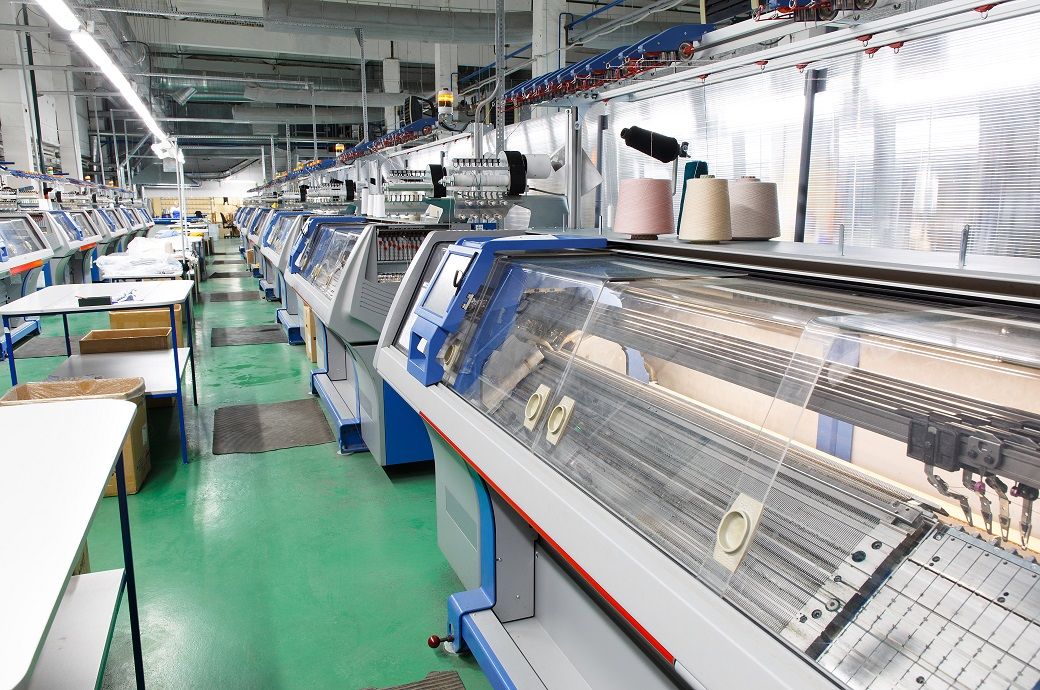
The HCOB Eurozone Manufacturing PMI, compiled by S&P Global, fell to 45.0 in September, down from 45.8 in August, marking its lowest level this year and continuing the downturn that has spanned 27 months. Any figure below 50 indicates contraction, and September's drop suggests a significant and accelerated deterioration in the health of the eurozone’s manufacturing sector.
The overall decline masked regional differences within the eurozone. While Spain led with the strongest performance, recording its best growth in four months, and Greece maintained its expansion—albeit at the slowest pace in a year—other major economies fared poorly. Germany, the euro area’s largest manufacturing economy, recorded its sharpest downturn in 12 months, dragging down the region's overall performance, as per an S&P Global press release.
Demand for eurozone-produced goods continued to weaken, with new orders falling at the fastest rate since December 2022. Overseas demand also deteriorated, further exacerbating the sector's struggles. As a result, manufacturers responded by cutting output, reducing inventories, and scaling back procurement activity. Purchasing activity saw its steepest decline since December 2022, while both pre- and post-production inventories were rapidly depleted.
Employment in the sector also took a hit, with staffing cuts reaching their highest level since October 2012, excluding pandemic-related months. This was accompanied by a sharp reduction in backlogs of work, reflecting the ongoing shrinkage in new orders.
Despite recent improvements in delivery times, September saw minor delays from suppliers. Input costs fell for the first time since May, and selling prices dipped slightly after a brief increase in August, signalling a more challenging pricing environment for manufacturers.
Looking ahead, eurozone manufacturers remain cautiously optimistic, with a slight majority still expecting growth over the next 12 months. However, confidence has fallen to a ten-month low, well below the long-term average, indicating widespread uncertainty about the future of the manufacturing sector.
The data highlights the increasing strain on eurozone manufacturing as economic headwinds, including weak demand and global uncertainties, weigh heavily on the sector’s recovery prospects.
Commenting on the PMI data, Dr. Cyrus de la Rubia, chief economist at Hamburg Commercial Bank, said: “It is a real shame that Spain is only the fourth-largest economy in the eurozone. While handling the global manufacturing downturn surprisingly well, Spain just does not have enough weight to lift the rest of the eurozone with it. The worsening industrial slump in Germany, for example, is too big for Spain’s momentum in September to make much of a difference. According to our nowcast model, eurozone industrial production will likely drop by around 1 per cent in the third quarter compared to the last one. With incoming orders plummeting fast, we can expect another dip in production by year-end.
“The ECB will be pleased to see that purchase prices fell in September, especially after three months of rising prices. The drop in oil and natural gas prices helped bring down input costs, and companies passed some of that savings on to their customers. But let’s not get too comfortable – these price declines might not last. With the situation in the Middle East heating up, there’s always the chance that energy prices could spike again.
“What started as a slow trickle of job cuts in the middle of last year has now turned into a pretty significant reduction in employment. This will probably show up soon in the less timely official unemployment statistics, which have been fairly stable so far.
“It is not just falling demand that is hitting companies – they are also dealing with supply-chain headaches. This combination is pretty rare, and over the last 30 years, we’ve only really seen it during the pandemic. Typically, when demand drops, delivery problems tend to ease up. But this time, since June, the index tracking delivery issues has been dropping alongside new orders and for the first time since February, businesses are saying they are having to wait even longer for goods than they did in the previous month. The ongoing geopolitical tensions are obviously taking their toll here.”
Fibre2Fashion News Desk (KD)